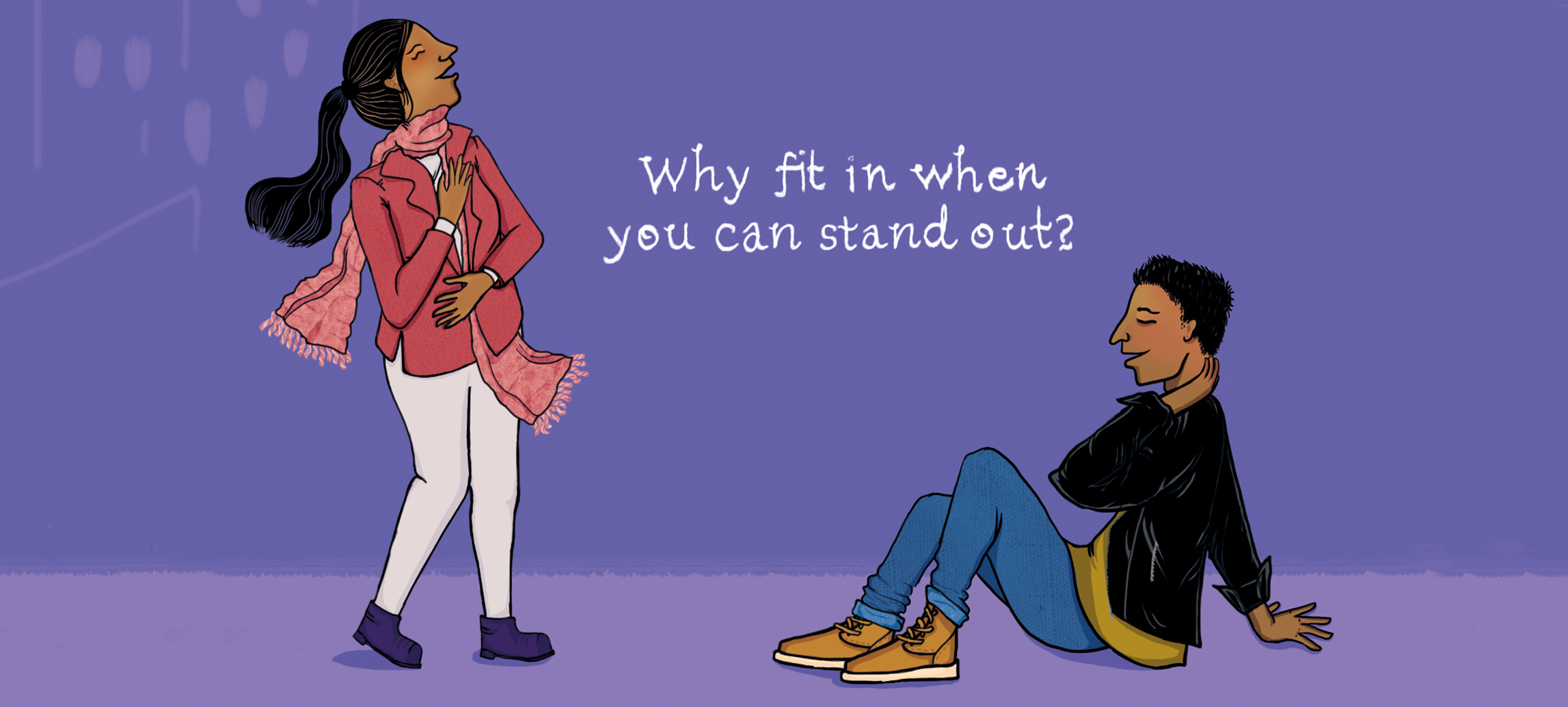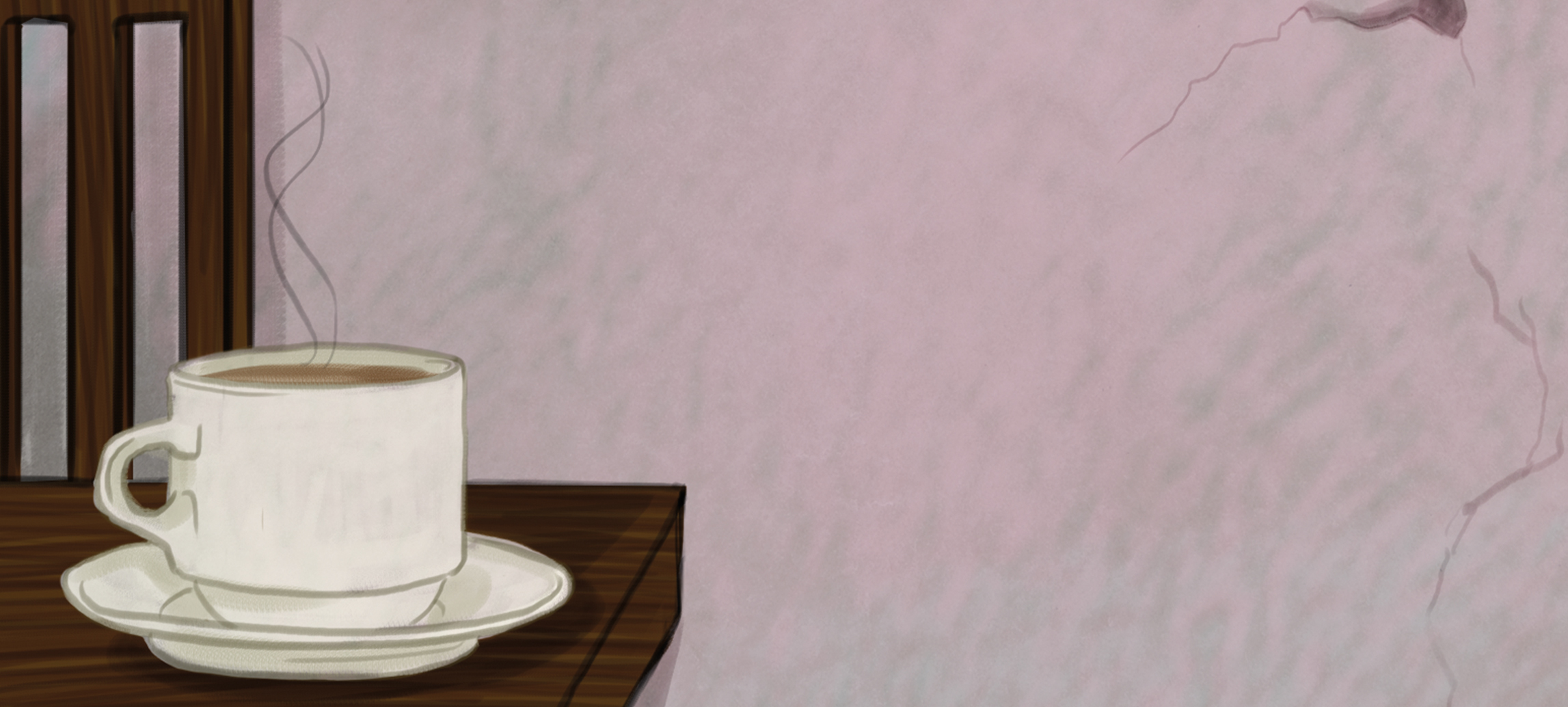September 6, 2019 marks the first anniversary of historic judgement of the Supreme Court of India, decriminalizing homosexuality. As we celebrate this day of love, we leave you with a bookshelf that will keep you celebrating pride throughout the year
The Carpet Weaver by Nemat Sadat

Described as ‘The Kite Runner’ meets ‘Brokeback Mountain’, Nemat Sadat’s debut novel The Carpet Weaver is published by Penguin in June 2019. Set against Afghanistan in the 70s, Kanishka Nurzada is the son of a carpet seller. He is in love with Maihan, his very first kiss, but he struggles to negotiate his faith with his sexual identity, for the death penalty is meted out to anyone who is kuni. When war breaks, Kanishka and Maihan are in more danger than before.
Shikhandi: And Other Queer Tales They Don’t Tell You by Devdutt Pattanaik

Patriarchy asserts men are superior to women, Feminism clarifies women and men are equal, Queerness questions what constitutes male and female.
Queerness isn’t only modern, Western or sexual, says mythologist Devdutt Pattanaik. Take a close look at the vast written and oral traditions in Hinduism, some over two thousand years old and you will find many overlooked tales, such as those of Shikhandi, who became a man to satisfy her wife; Mahadeva, who became a woman to deliver his devotee’s child; Chudala, who became a man to enlighten her husband; Samavan, who became the wife of his male friend; and many more.
Playful and touching and sometimes disturbing-these stories when compared with their Mesopotamian, Greek, Chinese and Biblical counterparts, reveal the unique Indian way of making sense of queerness.
The Pregnant King by Devdutt Pattanaik

‘I am not sure that I am a man,’ said Yuvanashva. ‘I have created life outside me as men do. But I have also created life inside me, as women do. What does that make me? Will a body such as mine fetter or free me?’
Among the many hundreds of characters who inhabit the Mahabharata, perhaps the world’s greatest epic and certainly one of the oldest, is Yuvanashva, a childless king, who accidentally drinks a magic potion meant to make his queens pregnant and gives birth to a son. This extraordinary novel is his story.
It is also the story of his mother Shilavati, who cannot be king because she is a woman; of young Somvat, who surrenders his genitals to become a wife; of Shikhandi, a daughter brought up as a son, who fathers a child with a borrowed penis; of Arjuna, the great warrior with many wives, who is forced to masquerade as a woman after being castrated by a nymph; of Ileshwara, a god on full-moon days and a goddess on new-moon nights; and of Adi-natha, the teacher of teachers, worshipped as a hermit by some and as an enchantress by others.
Building on Hinduism’s rich and complex mythology-but driven by a very contemporary sensibility-Devdutt Pattanaik creates a lush and fecund work of fiction in which the lines are continually blurred between men and women, sons and daughters, husbands and wives, fathers and mothers. Confronted with such fluidity the reader is drawn into Yuvanashva’s struggle to be fair to all-those here, those there and all those in between.
The Hungry Ghosts by Shyam Selvadurai

In The Hungry Ghosts the sly and selfish ways of a Sri Lankan matriarch parallels with the political clashes in her country. Much to his grandmother’s disappointment, Shivan Rassiah is gay. He is preparing to return to his Colombo home but the night before his departure, Shivan finds himself contemplating upon ghosts which have not left him yet. Shyam Sevadurai writes a novel about race, migration, sexuality and family.
Cobalt Blue by Sachin Kundalkar; Translated by Jerry Pinto

Translated by Jerry Pinto, Sachin Kundalkar’s Cobalt Blue is about a brother and sister who fall in love with a man who is living with them as a paying guest. The comfort and familiarity of the house is broken by this surprising turn of events. The author called the book a “feminine and masculine monologue”.
The Boyfriend by R. Raj Rao

The Boyfriend by R.Raj Rao is one of the first gay novels to come from India. Yudi is a 40-something gay journalist has a brief sexual encounter with a 19 year-old-boy and leaves him, afraid that the young man might be a hustler. When riots break out, Yudi finds himself worrying about the boy and reunites with him by chance. A story about masculinity, gay subculture, religion and class in India.
A Life Apart by Neel Mukherjee

Neel Mukherjee’s A Life Apart spans over a vast period of time. From the 1900s of Raj Bengal, to the 70s and 80s in Calcutta to the 90s in England, this novel is about Ritwik, a twenty-two year old orphaned gay man who flees Calcutta and leaves behind a childhood of abuse for the freedom of England. Ritwik forms a special bond with the 86 year old Anne Cameron and wanders the streets and public toilets of London. Mukherjee’s debut novel won the Writer’s Guild of Great Britain Award.
Eleven Ways to Love: Essays by Various Authors

People have been telling their love stories for thousands of years. It is the greatest common human experience. And yet, love stories coach us to believe that love is selective, somehow, that it can be boxed in and easily defined. This is a collection of eleven remarkable essays that widen the frame of reference: transgender romance; body image issues; race relations; disability; polyamory; class differences; queer love; long distance; caste; loneliness; the single life; the bad boy syndrome . . . and so much more.
Pieced together with a dash of poetry and a whole lot of love, featuring a multiplicity of voices and a cast of unlikely heroes and heroines, this is a book of essays that show us, with empathy, humour and wisdom, that there is no such thing as the love that dare not speak its name.
My Brother’s Name is Jessica by John Boyn

Sam waver has always idolized his big brother, Jason. Unlike Sam, Jason, seems to have life sorted – he’s kind, popular, amazing at football and girls are falling over themselves to date him. But then one evening Jason calls his family together to tell them that he’s been struggling with a secret for a long time. A secret which quickly threatens to tear them all apart. His parents don’t want to know and Sam simply doesn’t understand. Because what do you do when your brother says he’s not your brother at all? That he thinks he’s actually… Your sister?.
Besharam by Priya Alika Elias

Besharam is a book on young Indian women and how to be one, written from the author’s personal experience in several countries. It dissects the many things that were never explained to us and the immense expectations placed on us. It breaks down the taboos around sex and love and dating in a world that’s changing with extraordinary rapidity. It tackles everything, from identity questions like what should our culture mean to us? to who are we supposed to be on social media? Are we entitled to loiter in public spaces like men do? Why do we have so many euphemisms for menstruation? Like an encyclopedia, or a really good big sister, Besharam teaches young Indian women something that they almost never hear: it’s okay to put ourselves first and not feel guilty for it.
Part memoir, part manual, Besharam serves up ambitious feminism for the modern Indian woman.
Facing the Mirror: Lesbian Writing from India edited by Ashwini Sukthankar

For decades, most lesbians in India did not know the extent of their presence in the country: networks barely existed and the love they had for other women was a shameful secret to be buried deep within the heart. In Facing the Mirror, Ashwini Sukthankar collected hidden, forgotten, distorted, triumphant stories from across India, revealing the richness and diversity of the lesbian experience for the first time. Going back as far as the 1960s and through the forms of fiction and poetry, essays and personal history, this rare collection mapped a hitherto unknown trajectory.
In celebration of the Supreme Court’s reading down of the draconian Section 377 of the Indian Penal Code, this twentieth-anniversary edition, with a foreword by author and activist Shals Mahajan, brings to readers a remarkable history that illuminates the blood and the tears, the beauty and the magic of the queer movement in India. The raw anger and passion in them still alive, the writings in Facing the Mirrorproudly proclaim the courage, the sensuality, the humour and the vulnerability of being lesbian.







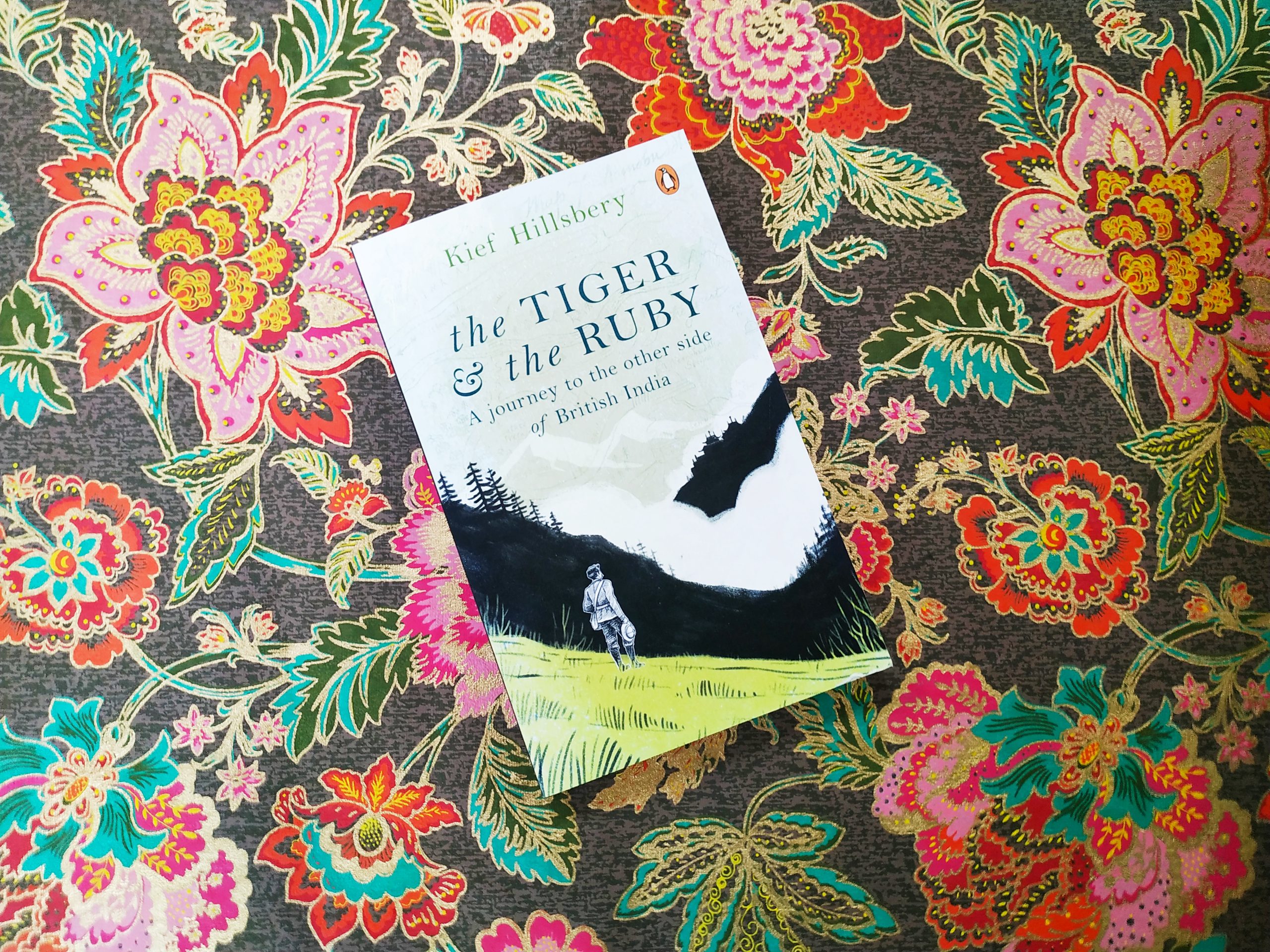
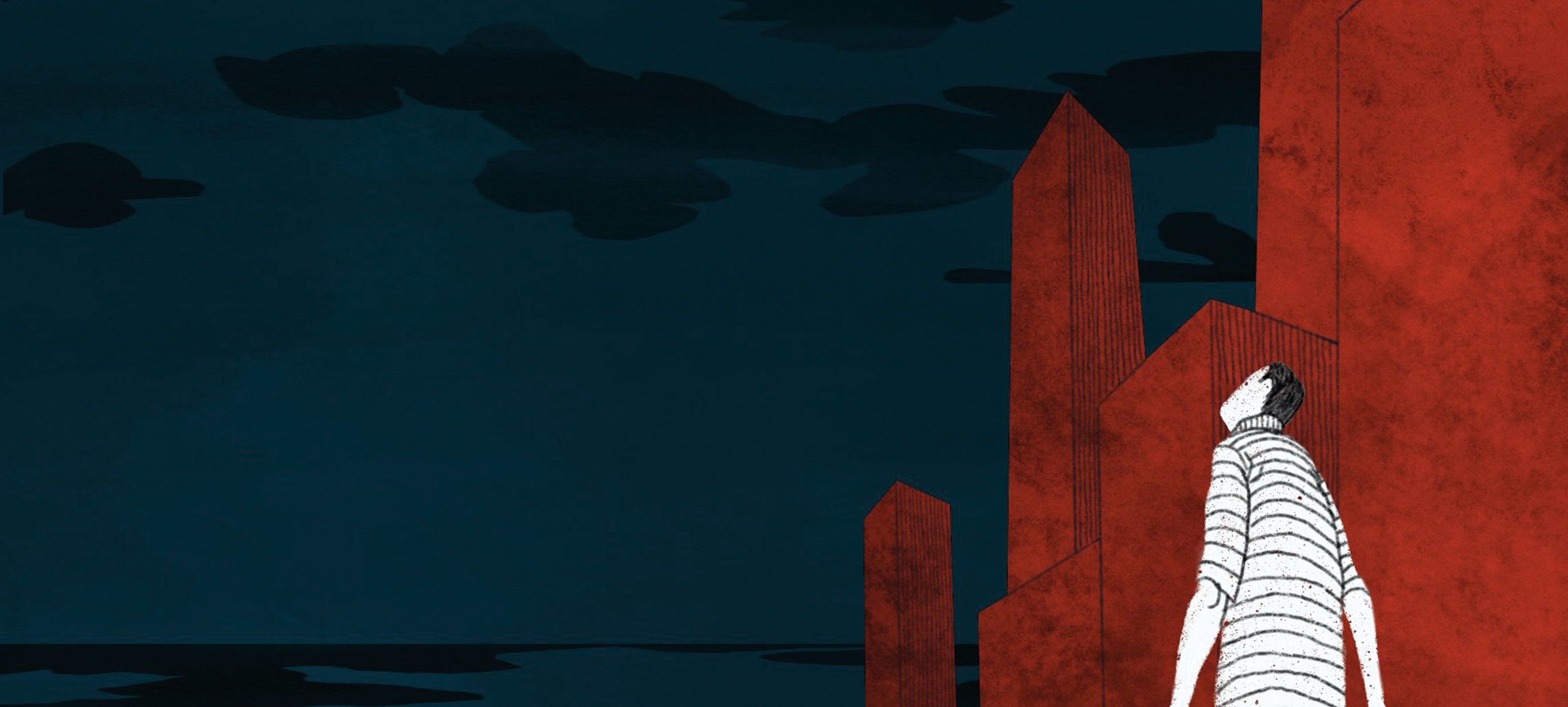
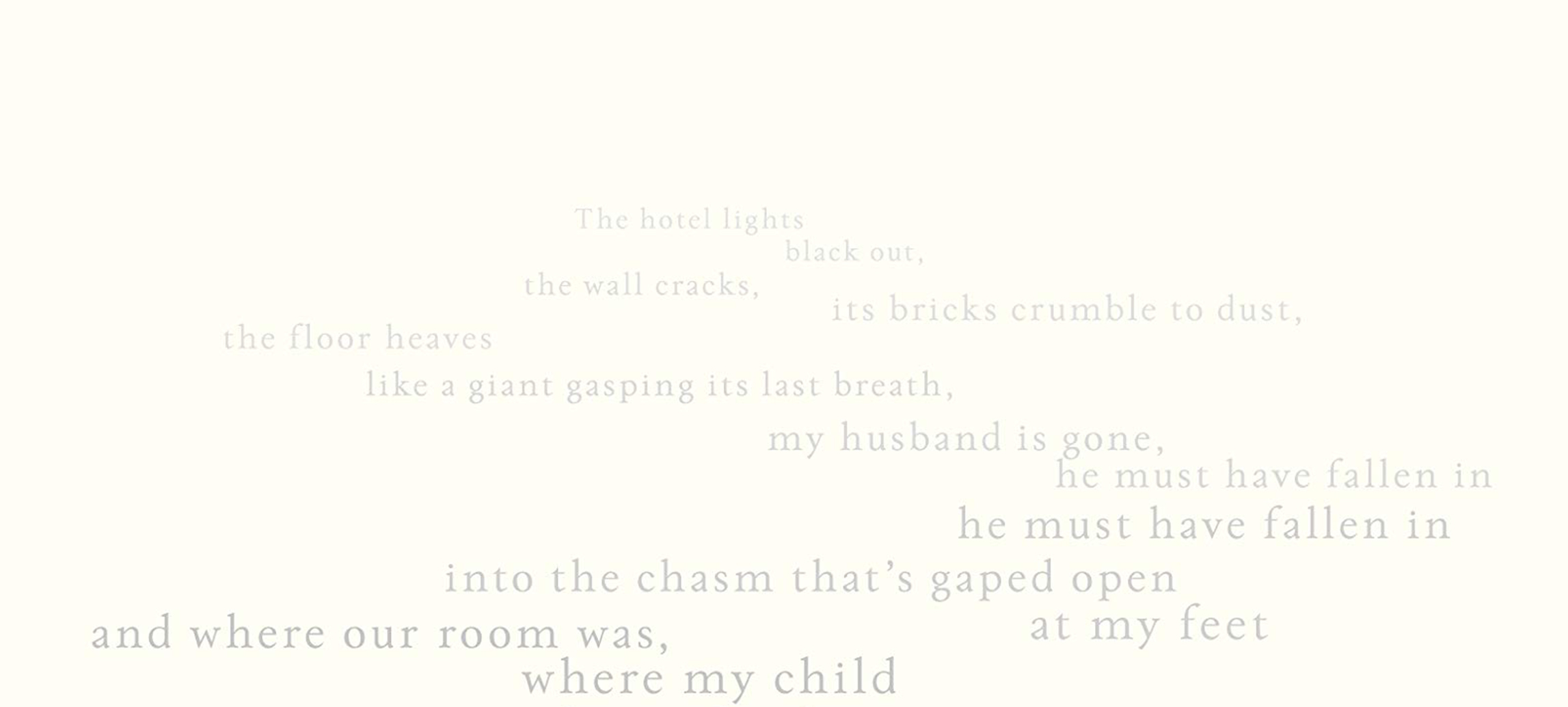












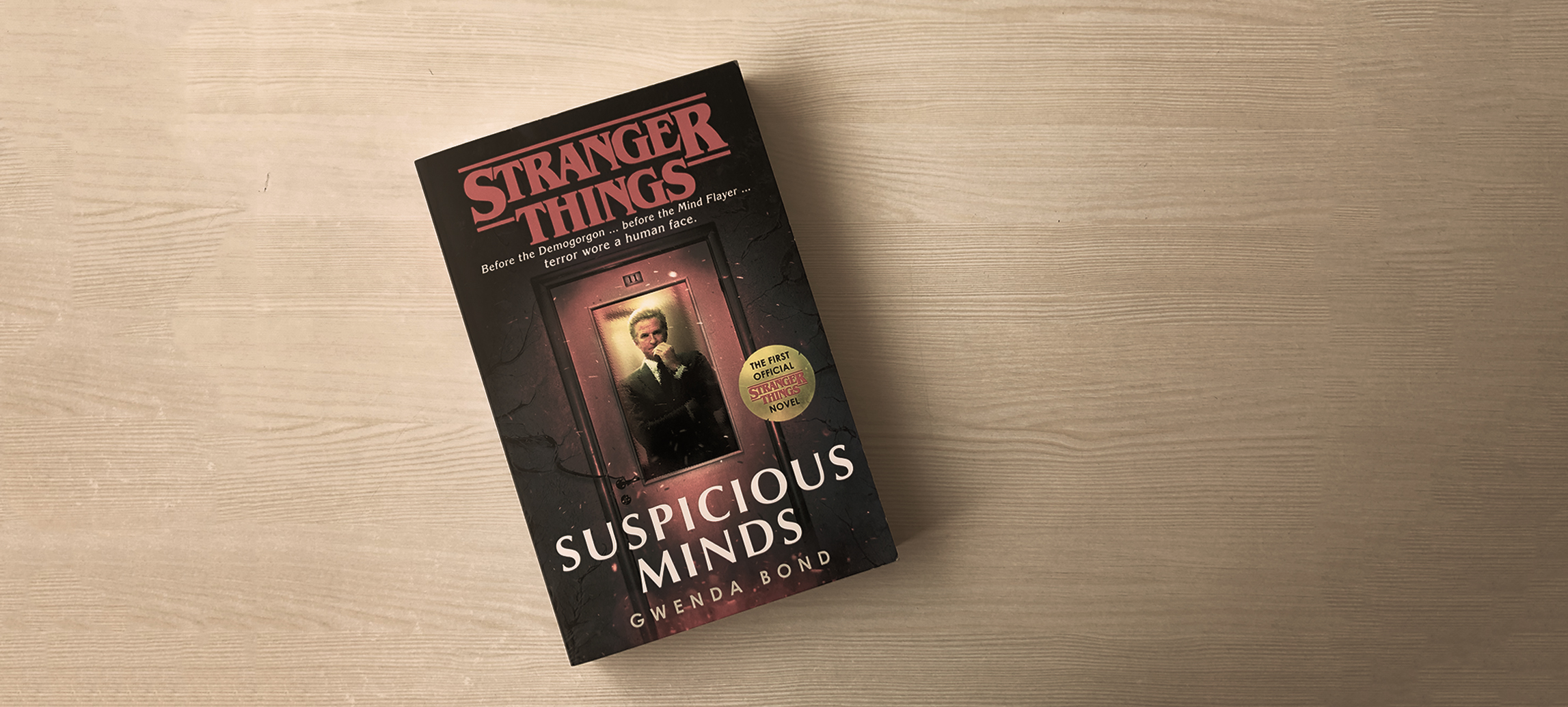
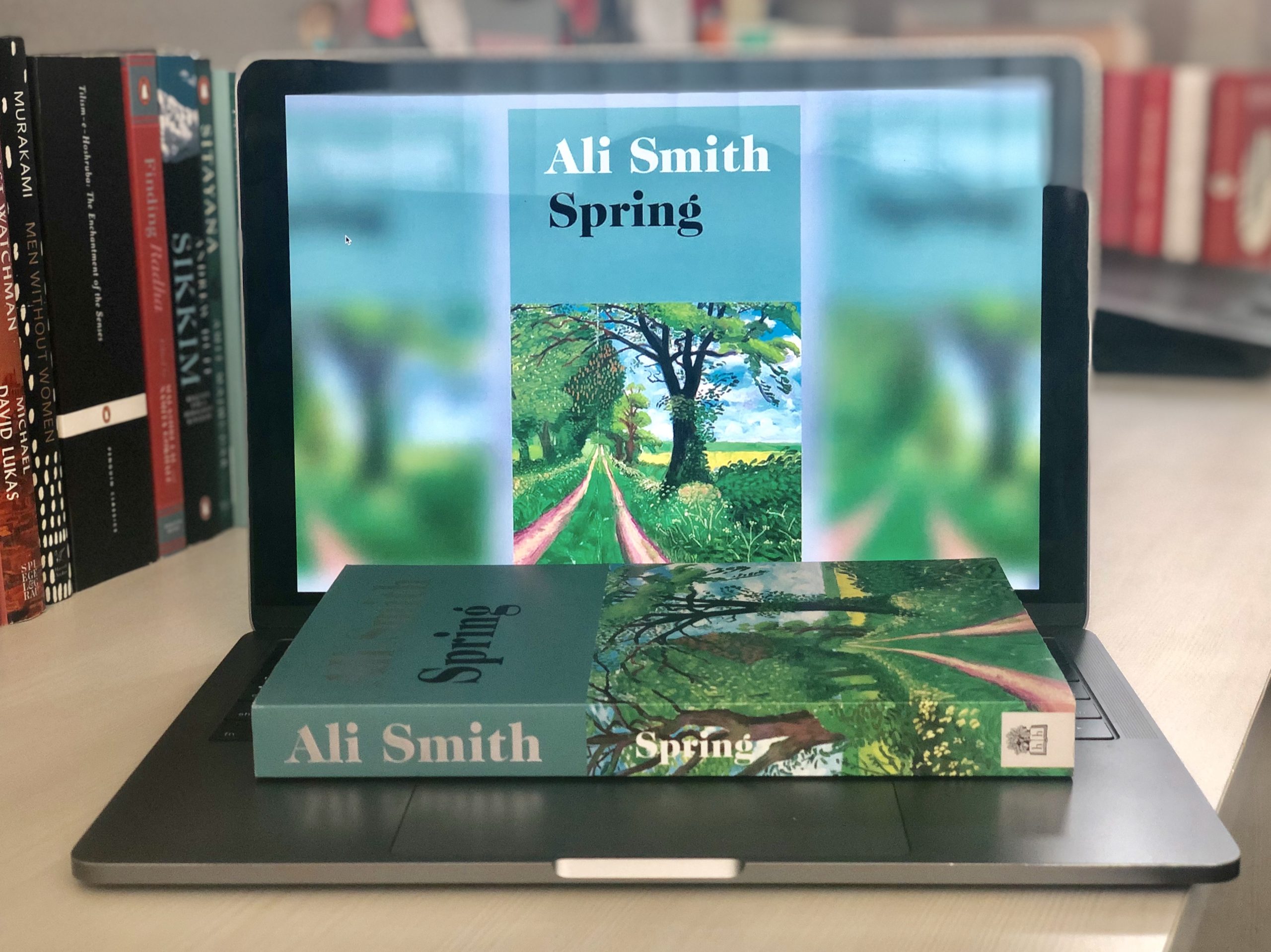


 Tara can’t help provoke people to get a reaction from them. She’s also very intelligent and deeply cares about nature, animals and her grandfather, even though she troubles him. Though she and her grandfather travel as gypsies, they are secretly the Regent and Princess of Gandhara, Ashmaka’s old ally.
Tara can’t help provoke people to get a reaction from them. She’s also very intelligent and deeply cares about nature, animals and her grandfather, even though she troubles him. Though she and her grandfather travel as gypsies, they are secretly the Regent and Princess of Gandhara, Ashmaka’s old ally. All Princes of Ashmaka get an elephant, and Varkan got gifted Daboo when they were both children. However, as Daboo grew up he didn’t grow much physically, and he’s the smallest elephant in Ashmaka. That doesn’t stop him from being very brave, very loyal and always up for an adventure. (If anything he tends to overcompensate…)
All Princes of Ashmaka get an elephant, and Varkan got gifted Daboo when they were both children. However, as Daboo grew up he didn’t grow much physically, and he’s the smallest elephant in Ashmaka. That doesn’t stop him from being very brave, very loyal and always up for an adventure. (If anything he tends to overcompensate…)